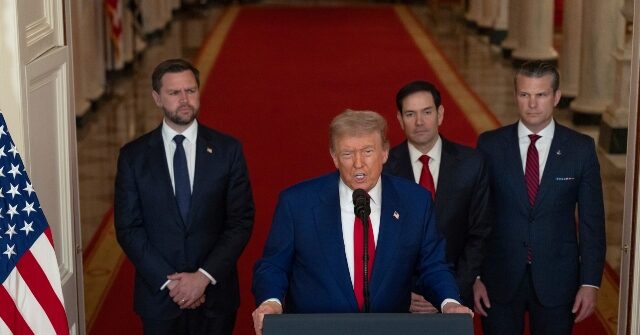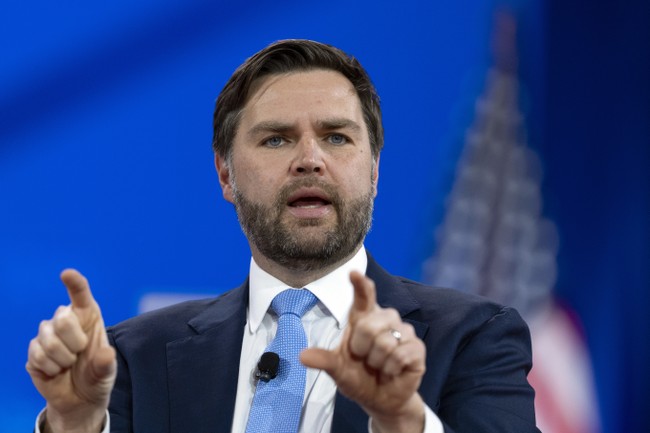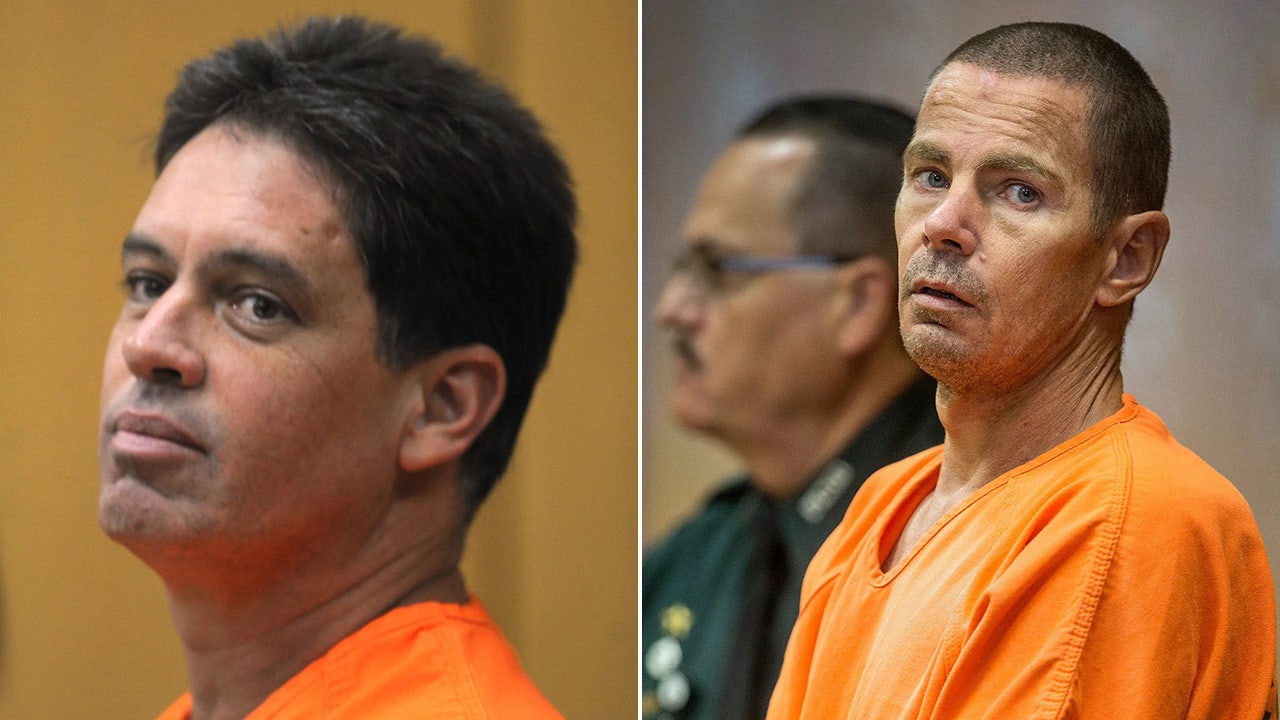President Donald Trump has made headlines with a bold move against Iran, authorizing airstrikes on its major uranium enrichment sites. The decision, announced in a televised address, targeted the Fordow, Isfahan, and Natanz facilities. Trump’s administration has been committed to halting Iran’s nuclear ambitions, engaging in extensive negotiations with Tehran, which ultimately proved unfruitful.
Hamas, an influential jihadist organization, swiftly condemned the U.S. action, labeling it a “dangerous escalation.” The group suggested that the U.S. was acting under Israeli influence, holding Trump accountable for any repercussions. Hamas emphasized its solidarity with Iran and expressed confidence in its ability to defend its sovereignty.
Hamas, known for its close ties with Iran, has long benefited from Iranian support. The State Department estimates that Iran contributes around $100 million annually to Hamas and other similar groups. This relationship has played a crucial role in Hamas’s operations, including its notorious activities on October 7, 2023.
United Nations Secretary-General Antonio Guterres echoed Hamas’s concerns, describing the strikes as a “dangerous escalation.” He warned of potential catastrophic consequences, emphasizing the absence of a military solution. These sentiments underscore the growing tensions in the region.
President Trump defended his decision, citing Iran’s status as a leading state sponsor of terrorism. In a statement, he celebrated the success of the strikes, declaring that Iran’s nuclear facilities were “completely and totally obliterated.” Trump stressed the need for Iran to pursue peace or face more significant consequences.
The Israeli government has also been proactive in addressing the Iranian threat. Israel launched its military operation on June 13, targeting key Iranian figures. Among those eliminated were Major General Hossein Salami and several nuclear scientists, highlighting the seriousness of Israel’s commitment.
The Israeli military continues its efforts, with recent reports indicating the elimination of Saeed Izadi, a commander aligned with Hamas. These actions demonstrate a coordinated effort to neutralize threats posed by Iran and its allies. The International Atomic Energy Agency (IAEA) further fueled these actions by finding Iran in violation of its nuclear obligations.
IAEA chief Rafael Grossi criticized Iran for obstructing the agency’s work, keeping key facilities secret. This development added pressure on international bodies to take decisive action. The ongoing situation has captured global attention, prompting discussions about future strategies.
The conservative perspective on these events is clear: decisive action is necessary to maintain global security. By taking a firm stance against Iran’s nuclear ambitions, the U.S. and its allies are working to ensure a safer world. The emphasis is on curbing Iran’s influence and preventing further escalation.
Conservative media outlets like Fox News and the New York Post have highlighted the significance of these actions. They argue that without such measures, Iran could become an even greater threat. By aligning with Israel, the U.S. is sending a strong message to rogue states.
The focus remains on preserving peace through strength, a core tenet of conservative ideology. Critics may argue about the potential for conflict, but proponents believe that such actions deter further aggression. The narrative emphasizes the importance of standing firm against hostile regimes.
As the situation develops, the conservative viewpoint underscores the necessity of vigilance. Ensuring that Iran does not acquire nuclear capabilities is seen as a priority. This perspective aligns with broader goals of maintaining stability and security in the Middle East.
The discourse around these events continues to evolve, with various stakeholders weighing in. Conservative voices emphasize the importance of robust action in the face of threats. The narrative remains focused on the need for decisive leadership and strategic alliances.
The story serves as a reminder of the complexities of international relations. Balancing diplomacy with military action is a delicate task, but one that is deemed essential by conservative leaders. The actions taken are framed as necessary steps to safeguard the future.
While opinions may differ, the conservative stance is clear: maintaining peace requires strength and resolve. The situation with Iran is a testament to the challenges facing global leaders. The emphasis remains on protecting national interests and preventing further conflict.




Hamas, you smelly cowards, you’re next. Better dig deeper tunnels, like all the way to hades.